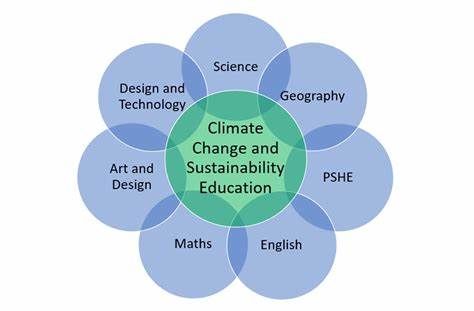In this category we would like to discuss many aspects of teaching about environment and climate change.
Environmental and climate change education are the component of a wider concept of education for sustainable development (ESD).
I would discuss ESD approaches with pleasure in other topics, just let me know.
Today, all levels of education from pre-primary to adult education is being transformed in order to help people understand and address the impacts of existing climate crisis.
And the teachers and their approaches to education are an integral part of this transformation.
Schools can become a hub for promoting knowledge, skills, values, and attitudes needed to act as agents of change.
It may refer to relevant teacher training, integrating climate change into curriculum, introducing “green” technologies, reshaping systems of school governance and community partnerships.
The main ideas are to make an environment so that students can learn what they live and live what they learn.
Of course you may think it sounds great, but how can it be implemented in practice?
I suggest you to watch a TED video “Green, Healthy, Sustainable Schools”.
The speaker suggests a framework for developing greener schools and shares her experience.
Please write your thoughts below under this post, what do you practice anything of that in your school or what would you like to try?
